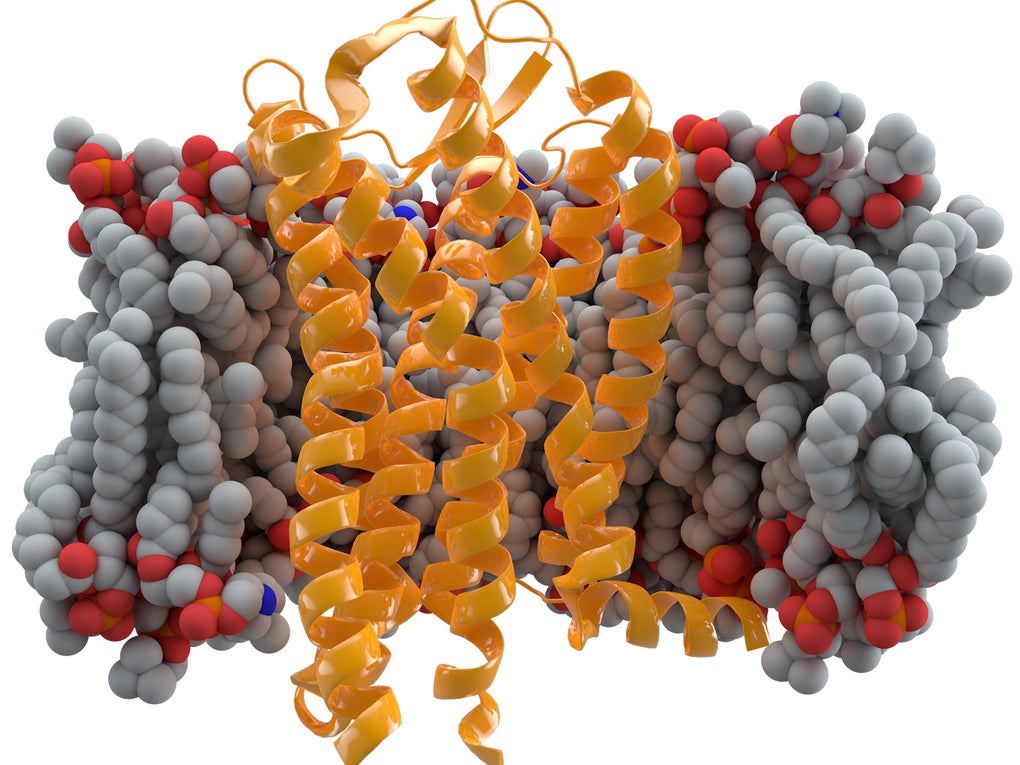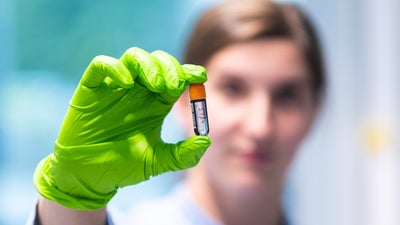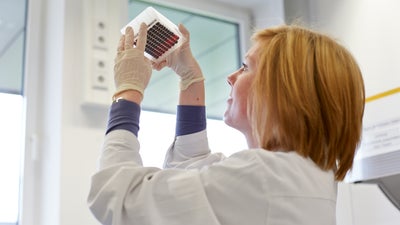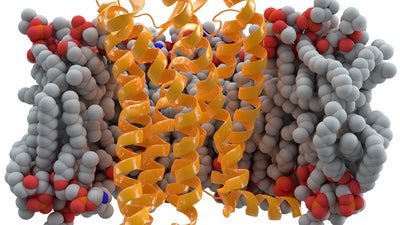
Donor search and match
The search for a matching donor
If someone is diagnosed with blood cancer or a blood disorder and their doctors decide that a blood stem cell or bone marrow transplant is their best chance of survival, then they will begin the search for a matching donor.
The first step is to check whether any of the patient’s siblings would be a suitable donor. Only approximately 30 percent of patients find a matching donor within their family. If there are not matching siblings, then a search for an unrelated donor is necessary by checking blood stem cell donor registries around the world.
A matching donor needs to be someone whose relevant human leukocyte antigen (HLA) typings are ideally a 100 percent match with the patient – and that donor could be you!
What makes a perfect match
HLA characteristics are the most important factor in finding a matching donor. In order for a stem cell transplant to have the highest chance of success, ideally, ten out of ten relevant HLA characteristics should match between the patient and the donor. If a patient is lucky enough to have several matches, other factors will be analyzed to find the best match. This is why we test more than ten HLA characteristics.
As part of the initial typing, we also tissue type for further parameters that could prove advantageous, either now or in the future, such as the entire KIR receptor family, MICA/B, CCR5, HLA-DPB1, HLA-E, HLA-DQA1, HLA-DPA1, HLA-DRB3/4/5 and the ABO and Rh blood groups. In addition, our donors are also tested for cytomegalovirus (CMV), a common herpes virus.


